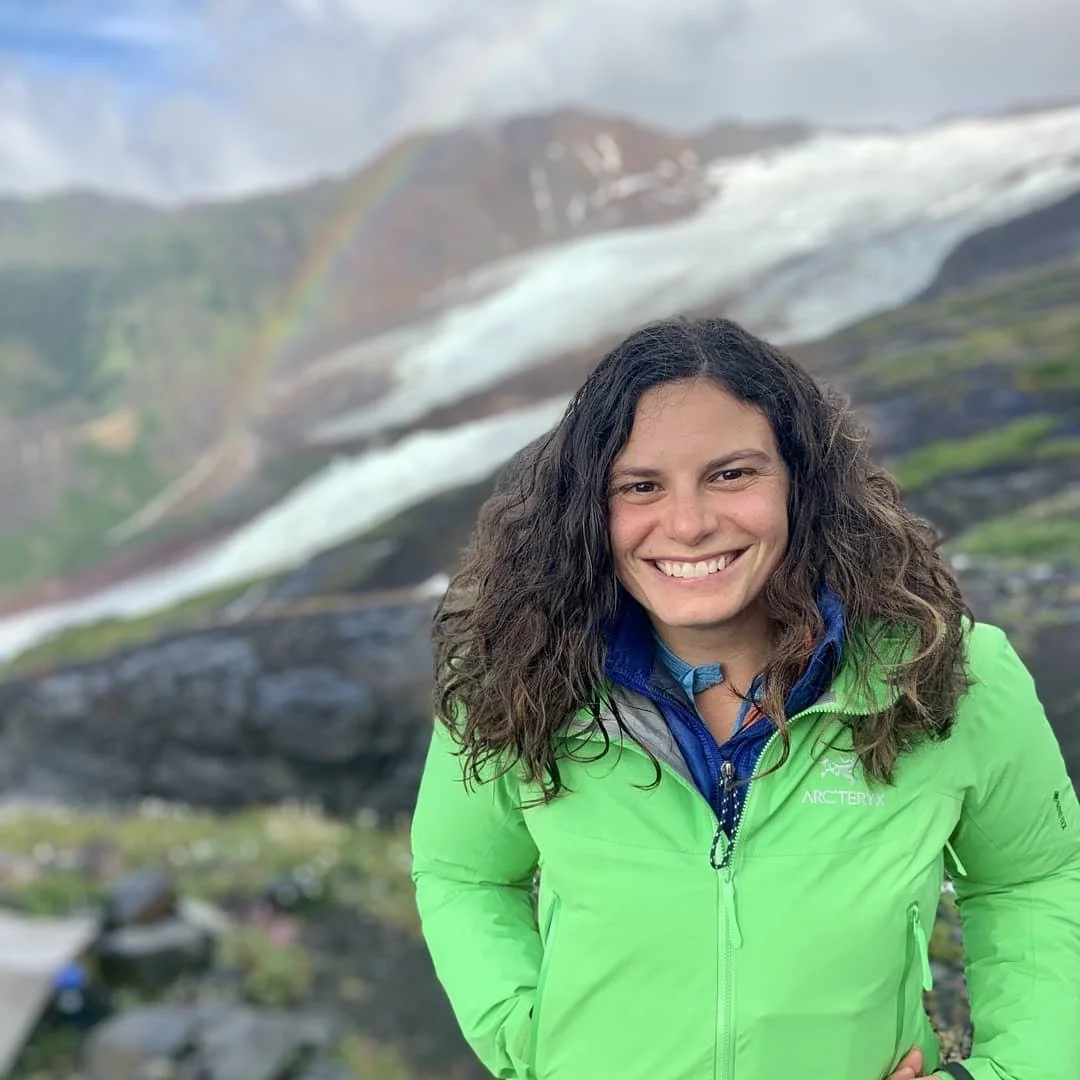By Bob Friel
At the SeaDoc Society, we always talk about the importance of preserving the health of the Salish Sea for the benefit of both the environment as well as the people who live here and depend on it for everything from the economy and recreation to the philosophical satisfaction of existing amid such inspiring natural beauty.
SeaDoc’s newest addition to our all-star team of Science Advisors, Dr. Jamie Donatuto, understands that linking of people and place so deeply that she’s helped redefine the concept of ecosystem “health” for other scientists who’ve traditionally studied human and wildlife systems separately.
After earning her Environmental Science degree, Jamie went to work for the Swinomish Indian Tribal Community, a Tribe comprised of Coast Salish peoples who originally inhabited the Skagit and Samish River valleys, and Puget Sound coastline and islands.
“The Tribe asked me to write a project proposal to study toxics in locally-harvested shellfish,” says Jamie. It was an ideal project for her since she wanted to work in toxicology. And though it was her first try at writing a grant, not only was it accepted but also it was the largest grant ever awarded to a Native American tribe at that time.
Then, two years into her project, after completing the initial human health risk assessment, came the real beginning of Jamie’s education on ecosystem interconnectedness.
“I presented the draft results to the governing Tribal Council,” she says. “There was a long pause before the Chairman finally asked, ‘Where in these numbers are our definitions of health?’”
While Jamie and every other scientist working on issues like this had approached them by simply measuring potential poisons in the environment then describing human risk in biological terms of exposure to x micrograms of whatever toxins, the Swinomish had more profound ideas about defining and prioritizing health.
“Shellfish are an important traditional food for the Swinomish,” says Jamie. “But they taught me that the importance goes way beyond subsistence calories. For them, shellfish are imbued with deep connections to the health of their people through creation stories, ceremonies, tools, and the passing down of ancient ecological knowledge.”
It was an “Aha” moment for Jamie, who realized that the scientific tools available for human health assessment were inadequate to address the needs and values of tribal communities.
“I also found that in regards to health, scientists studied risks and impacts to natural ecosystems as if they existed in a wholly separate world from risks and impacts to human ecosystems.” This didn’t make sense to the Coast Salish or to Jamie. “Human and natural systems are inextricably connected and need to be assessed that way.”
Jamie realized that she’d have to create her own scientific study mechanisms, and used her revelations to inform her doctoral thesis: “When Seafood Feeds the Spirit Yet Poisons the Body: Developing Health Indicators for Risk Assessment in a Native American Fishing Community.”
It’s this kind of outstanding insight and experience that we prize in our SeaDoc science advisors, and we’re proud to now have Dr. Jamie Donatuto as part of the team.
Alongside her continuing work with the Swinomish Tribe, Jamie maintains her personal interconnectedness with the Salish Sea by swimming in it and hiking the trails on Orcas Island with her kids. And not only is she a high-flying environmental/social scientist, Jamie is also an aerial artist, performing acrobatic dance while suspended above the ground on a ribbon of silk!
Thanks for your continuing support, and please help us welcome Jamie aboard!
To see a list of all SeaDoc's Science Advisors, visit our Team page.




